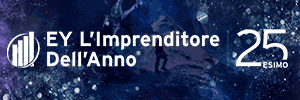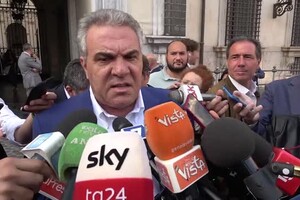With the rise of political Islam, terrorism, instability and tensions in Muslim countries, as well as integration difficulties in western countries, the question of Islam currently dominates the global agenda. Every country, whether it be in the Muslim world or outside of it, are searching for new equilibriums.
It is within this context that the Thomas More Institute has looked into Morocco, for it constitutes a singular example of politico-religious construction, a case to which Sophie De Peyret, a research associate of the Institute, has expended a note on, called "Nation and religion: the Moroccan experience".
A sovereign that is both a temporal and spiritual authority, a religious orientation that tries to promote a moderate way (Al wasitiyya, "middle way Islam"), a will to impose itself not as a model but as an alternative voice, are all intriguing features which justify an in-depth analysis. Thus, this note outlines the reforms undertaken by the country to modernise the religious field, all while ensuring a preservation of the equilibriums that impact every aspects of the kingdoms' society, including the formation of imams, gender equality, the deradicalisation of prisoners and finally its approach on matters of security.
The note particularly highlights, "If not a pure transposition to other countries, the Moroccan orientations in terms of religion are susceptible of being diffused via other routes which correspond to soft power. Through various singular initiatives, Morocco is mobilising considerable resources, mostly in the religious sector, to solidify its position in the region, and in the world.”
Finally, Sophie De Peyret analyses the way in which Morocco is dealing with contemporary problems linked to Islam (political Islam, terrorism, gender equality, religious minorities, freedom of conscience) and to what extent its particularities enables its establishment as a hub of political and religious stability.
About the author
Subsequently to her diploma in political science and in religious science, Sophie De Peyret lived in the Middle East and now speaks Arabic. A Research Fellow at Thomas More Institute since 2018, she has already published: Usage et force des symboles dans la stratégie de Daesh : l’exemple du drapeau (march 2019) and L’islam en France, le temps des solutions. 35 propositions pour agir maintenant (november 2019)
About Thomas More Institute
The Thomas More Institute is a conservative and independent think tank based in Brussels and Paris. To know more, click here.
View source version on businesswire.com: https://www.businesswire.com/news/home/20191212005232/en/
Marc Le Chevallier, m.lechevallier@institut-thomas-more.org, T. +33 (0)1 49 49 03 30
Permalink: http://www.businesswire.com/news/home/20191212005232/en








